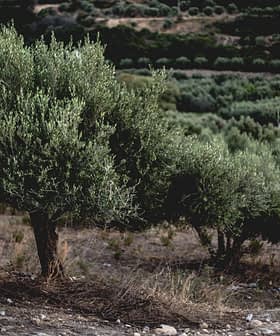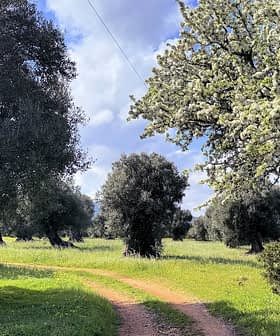The European Union (EU) is moving forward with new measures to promote the use of reclaimed water for agricultural irrigation. The aim of the new EU regulation is to improve water availability and quality for the irrigation of farmland through the use of treated urban wastewater. The initiative addresses the risk of drought-like conditions increasing pressure on water resources due to new, climate-change fueled weather patterns.
It makes sense to set harmonized minimum standards for reclaimed water quality and for compliance monitoring so that our farmers can use reclaimed water.
Italy, Spain and Greece have already been using reclaimed water from cities to irrigate farmland. Other countries have not yet explored this method to recycle and reuse wastewater and only a handful of EU member states have national standards or legislation on water reuse.
In the current context of climate change and the threat of water shortages, using recycled water on farms may become increasingly necessary. For these reasons, the EU has come up with standards for water quality for agricultural irrigation.
The newly proposed measures include minimum standards for water quality across the EU to ensure that the use of retreated wastewater for the watering of crops is safe for the environment as well as human and animal health.
The proposed legislation takes into account the varied geography and climate across the EU and the fact that some countries may not even need to use reclaimed water for irrigation.
See Also:Climate Change Is Transforming How Plants and Soil InteractOn April 7, the Council of the EU adopted a “Position of the Council at first reading with a view to the adoption of a Regulation of the European Parliament and of the Council on minimum requirements for water reuse.”
The proposed measures were first announced in June 2019 during the Romanian Presidency of the EU.
“Water is a precious resource. Today is an important step in putting in place new rules which will enable us to reclaim water in a way which is safe for humans and animals, and good for the environment,” said Ioan Deneș, the Romanian minister of waters and forests. “It makes sense to set harmonized minimum standards for reclaimed water quality and for compliance monitoring so that our farmers can use reclaimed water. Part of this is about learning from the experience of some member states which have been successfully reusing water for decades.”
The next step in the EU policy-making process is for the European Parliament to approve the draft legislation before it becomes law.
Heat waves, insufficient rainfall and water shortages have presented serious challenges to olive growers in recent years and had a negative impact on olive oil production.


 Apr. 24, 2020 09:38 UTC
Apr. 24, 2020 09:38 UTC Isabel Putinja
Isabel Putinja






